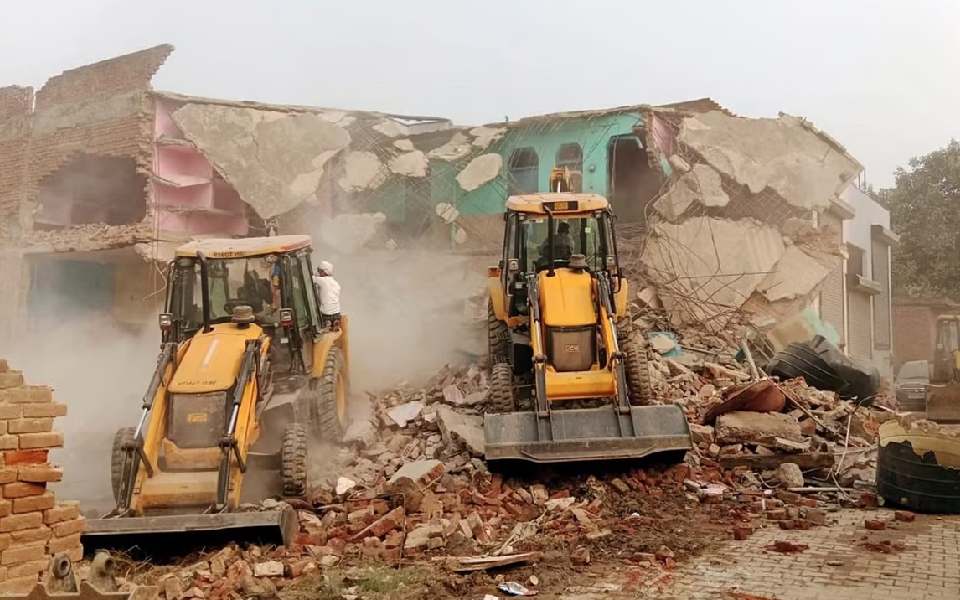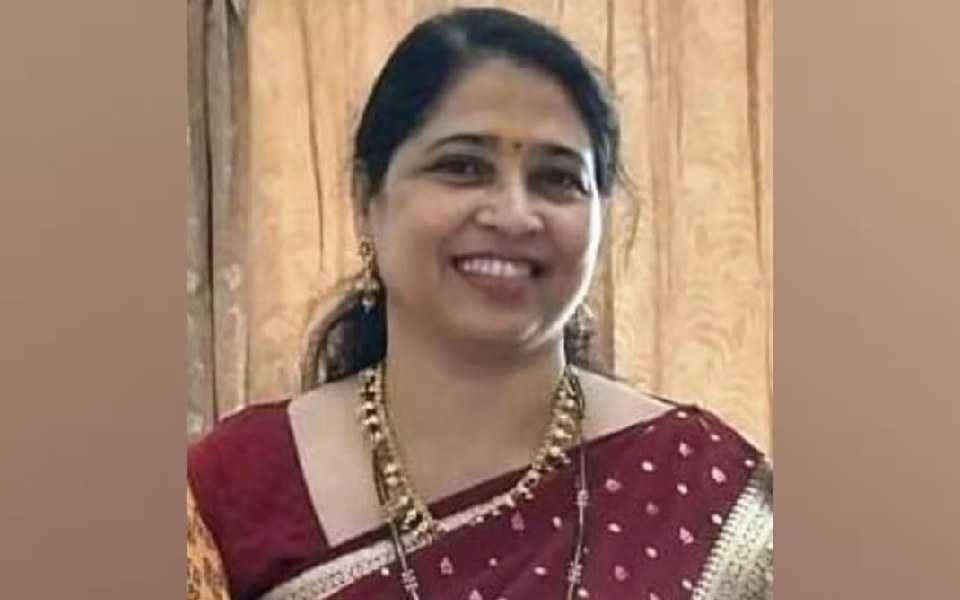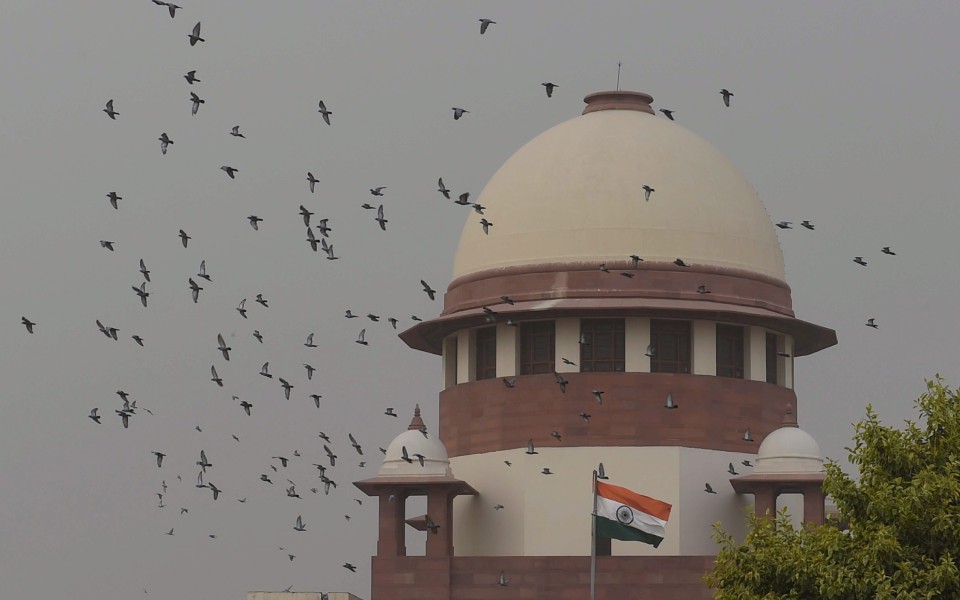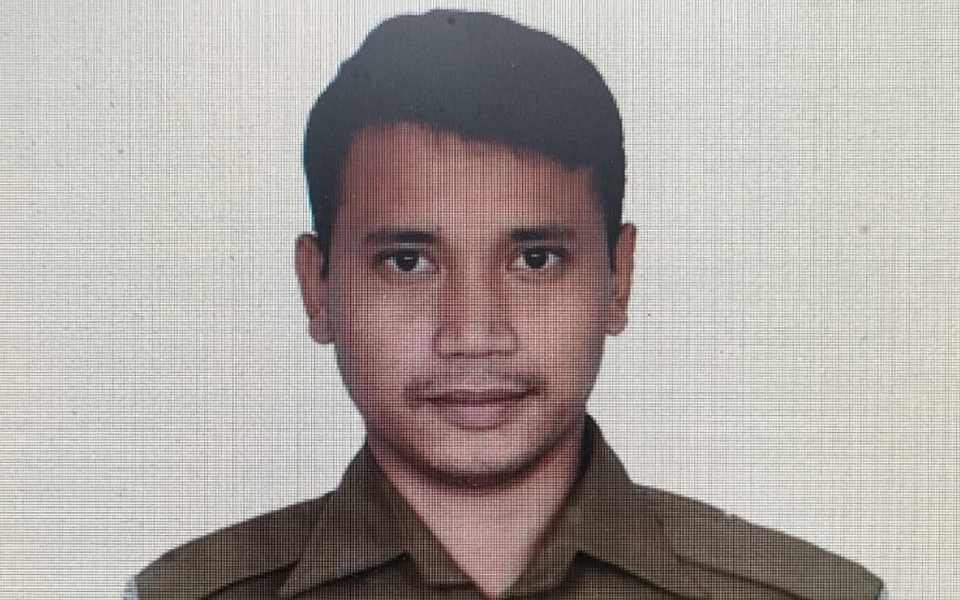New Delhi is gearing up to host a grand swearing-in ceremony for Prime Minister Narendra Modi's third term, with a notable guest list including Maldives President Mohamed Muizzu. Despite strained relations since Muizzu assumed office last November, India has extended an invitation, signaling a diplomatic gesture towards improving ties.
Muizzu's presidency saw a departure from traditional diplomatic protocols, with his initial visits to Turkey and China instead of India. However, India's invitation marks his first official visit to the country since taking office.
The invitation comes amidst past tensions, as Muizzu had criticized India during his election campaign and called for the withdrawal of Indian military personnel from Maldives. Since then, all Indian armed forces have left the nation.
Acknowledging the invitation, Muizzu expressed gratitude to PM Modi and emphasized his commitment to strengthening ties with India. The upcoming ceremony will not only witness Muizzu's attendance but also that of other South Asian leaders, reaffirming India's 'Neighbourhood First' policy.
Let the Truth be known. If you read VB and like VB, please be a VB Supporter and Help us deliver the Truth to one and all.
Lucknow, May 11 (PTI): The Uttar Pradesh government on Sunday said that more than 350 unauthorised religious sites, including madrasas, mosques, mazars and Eidgahs, have been identified and subjected to sealing or demolition in recent days, an official statement issued here said.
Acting on Chief Minister Yogi Adityanath's clear directive that no religious encroachment will be tolerated, the administration in districts such as Pilibhit, Shravasti, Balrampur, Bahraich, Siddharthnagar and Maharajganj has launched a sweeping campaign, it said.
The authorities have systematically identified illegal structures and taken strict action, continuing operations even on Sunday.
The chief minister has made it clear that encroachment in the name of any religion will not be allowed and all violators, especially those running unrecognised religious institutions, will face legal consequences, the statement said.
On May 10 and 11, 104 madrasas, one mosque, five mazars and two Eidgahs built illegally on public and private land were identified in Shravasti. All were issued notices and sealed, it said.
One illegal madrasa on public land was demolished and two unrecognized madrasas on private land were sealed, the statement added.
In Bahraich, officials identified 13 madrasas, eight mosques, two mazars and one Eidgah illegally constructed on government land.
After issuing notices, five were sealed and 11 were demolished, including eight madrasas, two mosques and one mazar, the statement said.
In Siddharthnagar, the authorities identified four mosques and 18 madrasas and one more madrasa for illegal construction. Notices were issued to these structures. Five madrasas were sealed and nine were demolished. In total, action was taken against 23 illegal structures in the district, it said.
In Maharajganj’s Nautanwa tehsil, Parsamalik village, an unrecognized madrasa operating on Maktab land was shut down based on a report submitted by the District Minority Welfare Officer.
The building’s keys were handed over to the local police station in-charge. So far, 29 madrasas and five mazars constructed through encroachment on public and private land have been demolished in the district.
In past two days in Lakhimpur Kheri, two mosques, one Eidgah on public land along with eight madrasas on private land were found to be illegally constructed.
Of the 13 structures identified, one was served a notice, nine were sealed and three have been demolished so far, the statement said.
The district authorities in Pilibhit have identified an illegal mosque built on public land in Bharatpur village, covering an area of 0.0310 hectares.
According to the district magistrate, a notice has been issued to the parties involved, seeking a response within 15 days. Action against the illegal construction will be taken after the notice period ends, it said.
On Sunday, an under-construction madrasa on public land in Virpur Semra village, Tulsipur tehsil, was demolished in Balrampur. So far, 30 madrasas, 10 mazars and one Eidgah have been demolished in the district.
Ten of them were built illegally on public land, while 20 were constructed without authorization on private land, the statement said.





